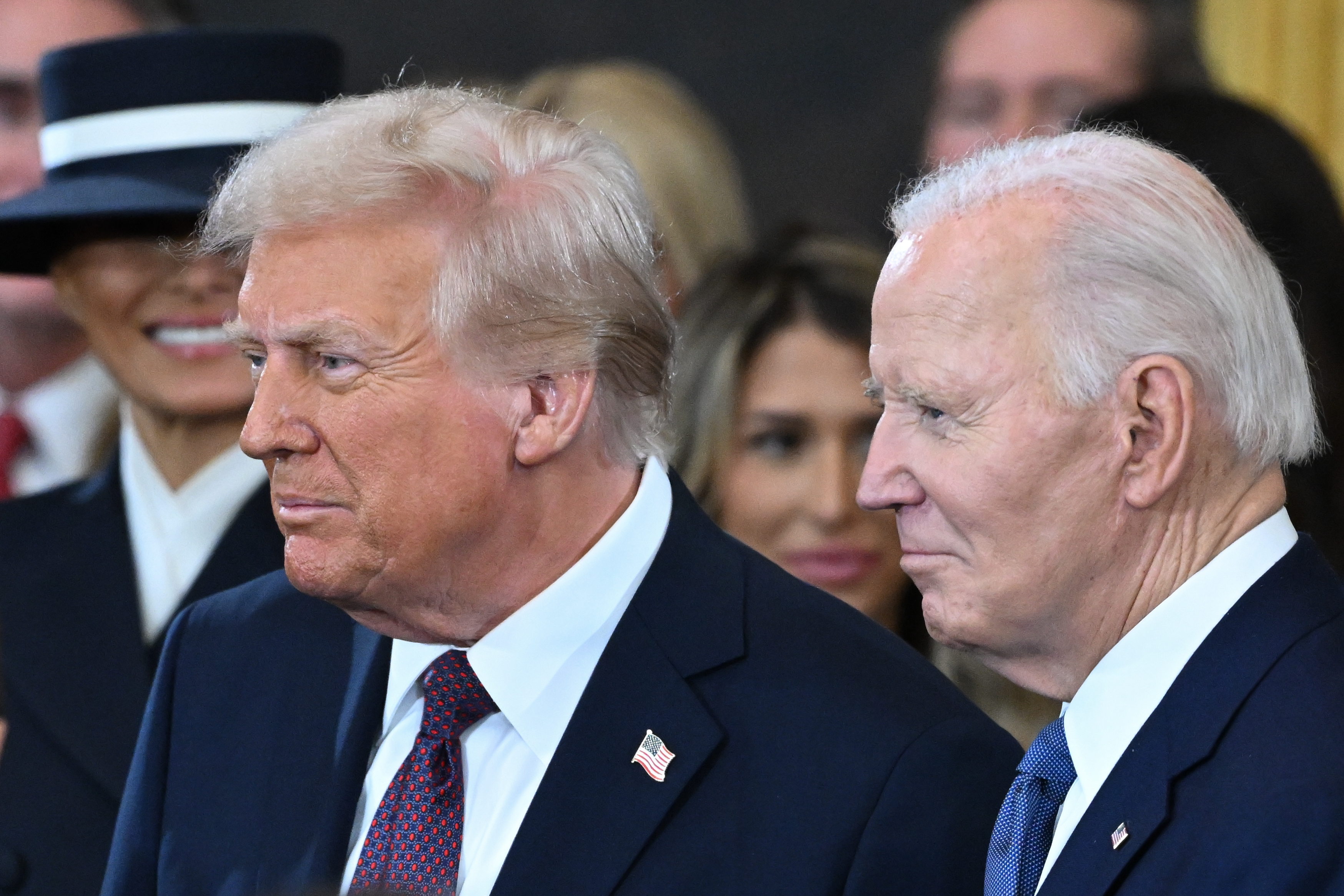Trump Denies Biden Access To Intelligence Briefings: Retaliation Or National Security Risk?

Discover more detailed and exciting information on our website. Click the link below to start your adventure: Visit Best Website. Don't miss out!
Table of Contents
Trump Denies Biden Access to Intelligence Briefings: Retaliation or National Security Risk?
The unprecedented move by President Trump to deny former Vice President Joe Biden access to classified intelligence briefings has sparked a firestorm of controversy, raising serious questions about national security and the potential for political retaliation. This decision, made shortly after the 2020 election, breaks with decades of established protocol and has ignited a heated debate among legal experts and political analysts.
The traditional practice of providing intelligence briefings to the President-elect, regardless of party affiliation, is rooted in the understanding that a seamless transition of power is crucial for national security. These briefings ensure continuity in crucial areas such as counterterrorism, foreign policy, and cybersecurity. Denying access, critics argue, leaves the incoming administration vulnerable and potentially jeopardizes vital national interests.
<h3>A Precedent Shattered: The Implications of Trump's Decision</h3>
This action marks a stark departure from established norms. Past presidents, including Republicans and Democrats, have consistently provided briefings to their successors to facilitate a smooth transition. This established practice underscores the non-partisan nature of national security concerns and prioritizes the safety and well-being of the nation above political considerations. By denying Biden access, President Trump set a dangerous precedent, potentially weakening future transitions of power.
The White House justified the decision by citing unsubstantiated claims of irregularities in the election, a narrative repeatedly challenged and ultimately rejected by courts and election officials across the political spectrum. This justification has been widely criticized as a thinly veiled attempt to punish a political opponent, raising serious concerns about the politicization of national security.
<h3>National Security Concerns: A Vulnerable Incoming Administration?</h3>
The potential risks to national security stemming from this denial are substantial. Without access to crucial intelligence, Biden's team could be ill-prepared to address immediate threats upon taking office. This lack of preparedness could lead to delayed responses to terrorist attacks, cyber threats, or other national security challenges. Furthermore, the denial could hinder the ability of the incoming administration to effectively engage with foreign leaders and build international alliances.
The situation is further complicated by the ongoing investigations into Russian interference in the 2016 election and the potential for ongoing foreign interference. Access to intelligence briefings would have allowed Biden's team to assess these risks and formulate appropriate countermeasures. The lack of access could leave significant gaps in the incoming administration's understanding of these crucial issues.
<h3>Legal and Ethical Ramifications: A Clash of Principles</h3>
The legality and ethics of President Trump's decision remain hotly debated. While there is no explicit law mandating the provision of these briefings, the long-standing practice and the implications for national security suggest a strong ethical obligation. Legal scholars are divided on whether a court challenge would be successful, but the controversy underscores the urgent need for clearer guidelines and legal frameworks to govern the transition of power and the handling of classified information.
Ultimately, the denial of intelligence briefings to Joe Biden represents a significant break from established norms and raises profound concerns about the politicization of national security. The long-term consequences of this decision remain to be seen, but its impact on the transition of power and the nation's security is undeniable. The debate surrounding this action will undoubtedly continue to shape discussions on presidential transitions and national security for years to come.
What are your thoughts on this controversial decision? Share your opinions in the comments below.

Thank you for visiting our website wich cover about Trump Denies Biden Access To Intelligence Briefings: Retaliation Or National Security Risk?. We hope the information provided has been useful to you. Feel free to contact us if you have any questions or need further assistance. See you next time and dont miss to bookmark.
Featured Posts
-
Vrienden Lopen Rotterdam Route De Ultieme Voorbereiding
Feb 10, 2025
-
Chef Jonathans High Protein Buffalo Chicken Dip A Game Day Recipe
Feb 10, 2025
-
Soy Farmers Pressure Trump Reinstate Climate Agriculture Payments
Feb 10, 2025
-
Wac Schlaegt Rapid Doppelpack Sichert Den Sieg
Feb 10, 2025
-
Atalanta Atropela O Hellas Verona Com Poker De Retegui
Feb 10, 2025
